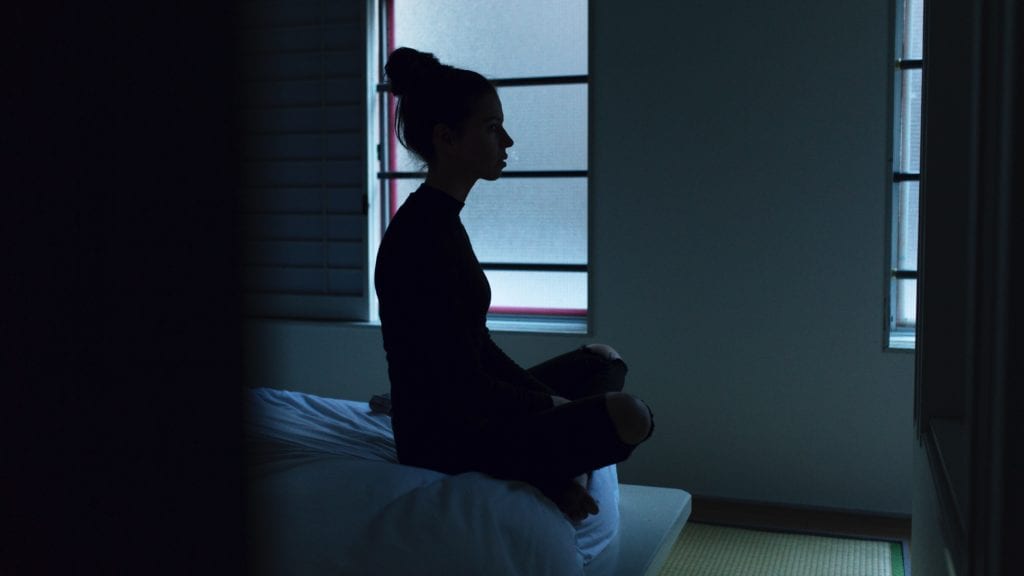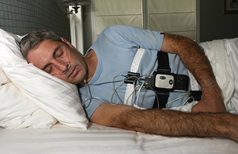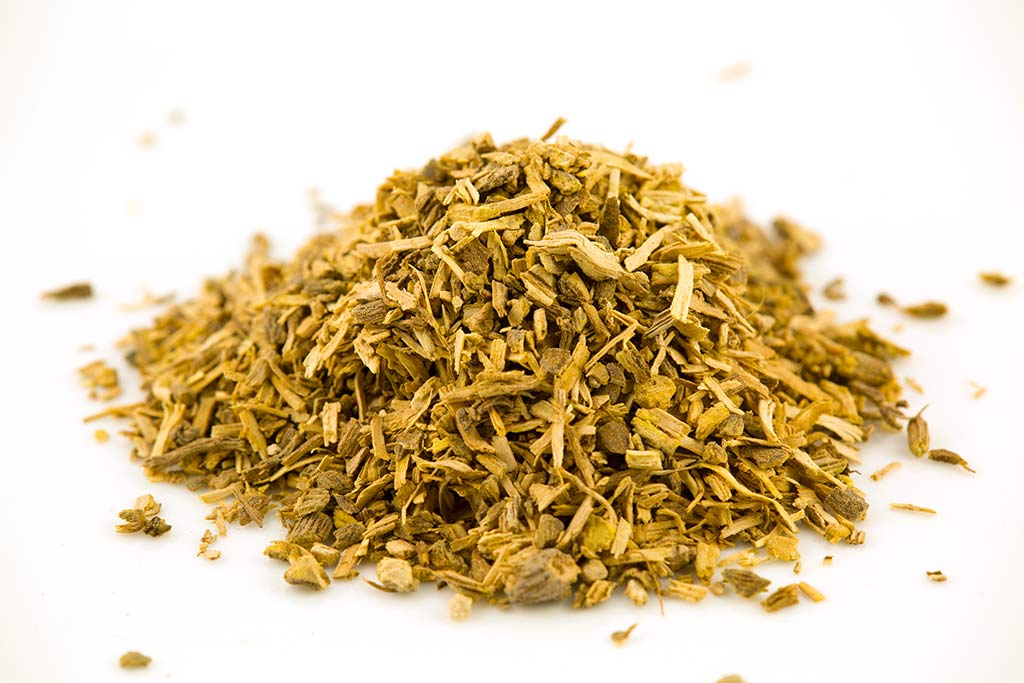Menopause and Insomnia -Tips for Overcoming Sleeplessness.
Are you suffering from menopause and insomnia? Menopause and insomnia do not have to wreck your life. They both co-occur due to thereduction and imbalance of hormones associated with menopause. They are usually inseparableas menopause will almost always bring on insomnia.
Also, when occurring together, they arecharacterized by having vivid dreams and waking up with a thumping beat. These two usually go together, in fact, isinescapable, and a symptom of the slowing down of a womans reproductivesystem.
The Menopause and Insomnia Factor.
Insomnia is one of the most frequent complaints ofmenopause. Insomnia is also caused by avariety of other factors. Deficiencies of calcium and magnesiumvery common inmenopausal womencan cause insomnia. Insomniacs typically complain of beingunable to close their eyes or rest their mind for more than a few minutes at atime. Many women have tried many natural remedies and they did help somewhat,but it wasnt until recently that I found theanswerto endless insomnia. What menopause insomnia medications cannot directlycounter, however, is the vicious cycle that menopause insomnia causes.
Whichever method you will use to treat yourmenopause insomnia, follow your doctor’s orders and do not engage in anyactivities or take any medication without his express approval or prescription. Menopause insomnia can be eased by taking afew sleep-inviting measures during the day. The best way to deal with menopauseinsomnia is to deal with the symptoms of menopause as best you can. Menopause insomnia can be a problem but youcan overcome it with persistence, natural remedies and good health habits.
Hormones.
Hormone fluctuations in the body of a woman in menopause cancontribute to insomnia. Hormoneproduction changes can drastically affect the way a female feels and her moods,not to mention the issues surrounding the fact that the ability to reproduce isnow being diminished. Hormone levels,health issues, lifestyle, and situational stressors all play a role in whetheryou get to sleep and stay asleep.
Afterthe age of 40 (and sometimes before) you may have trouble getting or stayingasleep because of :Declining hormone levels, which impact your sleep/wake cycleHot flashes and night sweats that wake you up and may require you to stay awaketo recover or change bedding. Health issues that wake you include thyroidproblems, pain, breathing difficulties or other reasons for waking ordiscomfort. What Can You Do About Insomnia? Whether you use black cohosh,flaxseed oil, antidepressants or a short course of hormone therapy, there areprobably choices that will ease your symptoms enough to re-establish a goodsleep pattern. The shifting of ratios ofhormones can be an unsettling process, sometimes contributing to the inabilityto fall asleep.
For co-occurring of both conditions, hormone replacement therapy is also used. In order to ease the discomfort of not beingable to sleep at night, your doctor may recommend hormone replacement therapymedication to supplement decreasing levels of estrogen in your body. See your doc about Hormone replacement and/ora sleeping aid. Some women learn to haveinsomnia and adjust their life around itand as their hormones settle down,they have built a lifestyle of insomnia.
Treatment.
There is a strong push towards natural treatment formenopause insomnia. There are severaltreatment options for these conditions that can be offered including sleepingaids. The only menopausal specifictreatment for sleep disorder is hormone replacement therapy. A proper diet and relaxation exercise are afew other treatments to help with your sleep disorder associated withmenopause.
Some relaxation techniques appear to work well for almostevery woman experiencing this problem. Foods that are rich in tryptophan are highly recommended. Worrying about your menopause and insomniawill only make it worse. Keeping up orstarting a healthy lifestyle with a balanced diet and regular exercise can alsohelp your body deal with this problem.
Your doctor will most likely suggest a typeof hormone replacement therapy to help your symptomslessen. Menopause and insomnia is a typicalsymptom of your age and state, so be extra cautious in keeping yourself healthy.
Return From Menopause and Insomnia to Insomnia Causes .
Return to Sleeping Disorders Homepage.








